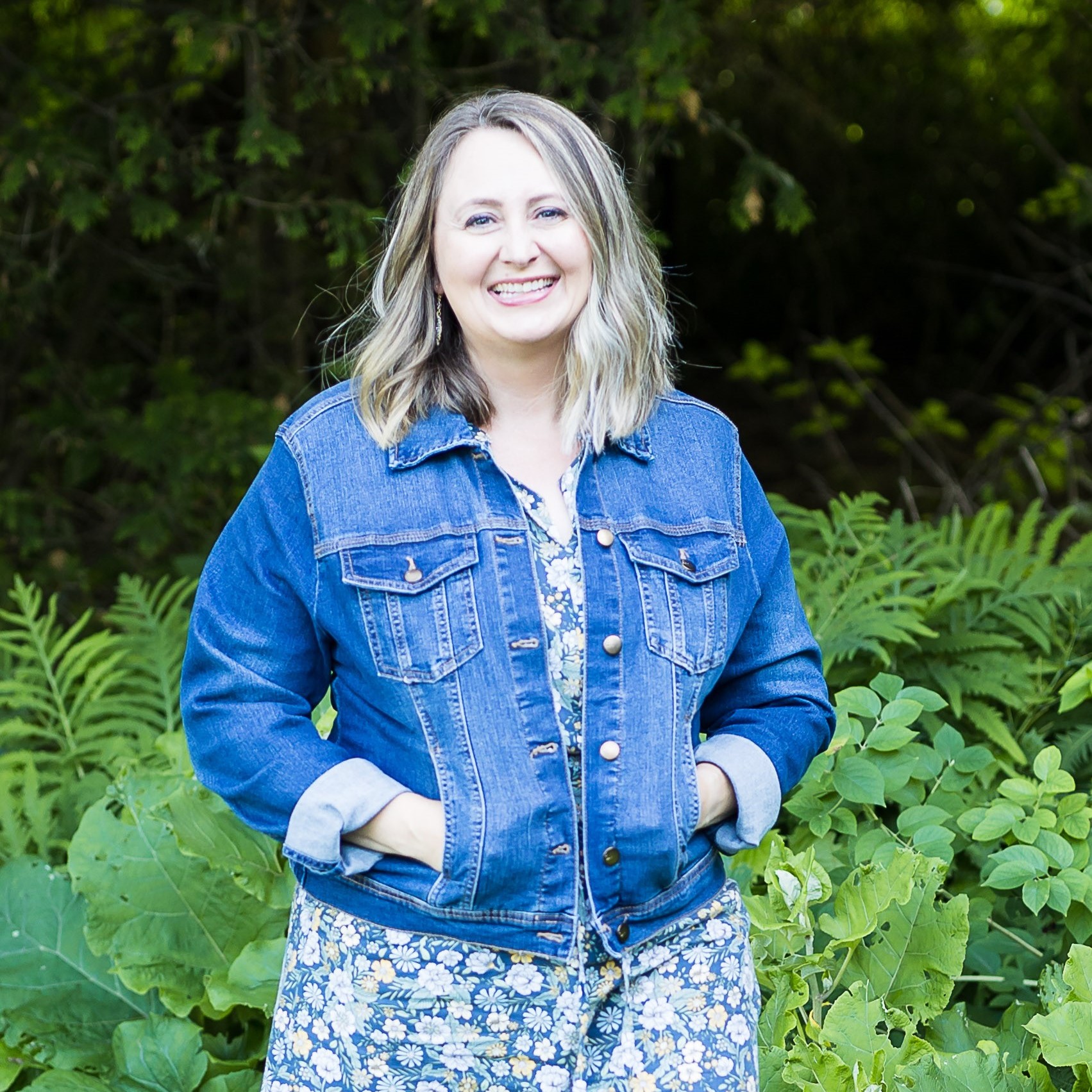
ivy Group is thrilled to introduce our new Career and Leadership Coach, Sara Curto! Sara provides career management coaching to help individuals secure their next position or promotion. Her coaching services have helped people find happiness and fulfillment in their careers, achieve a healthier work-life balance, and increase their salaries, all while doing the work they love.
Read our Q&A with Sara below to learn more about her coaching services, her top tips for work-life balance, and her advice for those who are feeling stuck in their careers.
1. What inspired you to become a career coach?
I was working in human resources (HR) for 15 years, mostly in talent acquisition. A lot of my work involved coaching people through the hiring process, but when I was thinking about a career change and what I really wanted to do, I saw this pattern going back to when I was younger. People wanted to talk to me about what they wanted to do when they grew up.
I was the person at the party that people would corner. Friends would pull me aside to say, “I’m thinking of doing this, what do you think?” It made me realize that people have always valued my thoughts and advice when it came to their careers. When I combined that with my HR experience and with my former experience in mental health counselling, it just clicked and made a lot of sense.
2. Why might someone need a career coach?
One is confidence. They’ve either been at a company for so long, so their confidence has naturally dipped, or they’ve worked in a toxic company or with a micromanager. Or, they’ve always had some sort of confidence challenge. The foundation of my work is rebuilding that confidence.
I would say others are people who have been wanting to get promoted, but they have been facing some sort of wall and they don’t know why. What we’re trying to do is uncover all of that so that they can finally get the recognition they deserve.
And then we have the people who are unhappy in their work and they’re not sure exactly what it is that they want… if it is a growth or a pivot or a complete career change or just a different company, a better company.
3. What types of clients do you typically work with?
I’m pretty industry agnostic, and I feel that works to everybody’s advantage because I have a great knowledge of how different organizations work at all levels and across different industries. I feel there are certain personality types that are attracted to me. They’re generally the introverts or ambiverts, and they’re generally people who crave structure in some capacity. They can see that I am a light at the end of a tunnel for them. That’s why I love working with people who want better, but who just don’t know how to get it.
4. What do you love the most about your job?
People come to me, thinking that the concept of “work less, make more and be happy” is a unicorn – it doesn’t exist. And, I love when they realize (by the end of our work together) that it’s not a unicorn, it’s just something they had not come across. We work together to discover and get them in those positions. I love making that magical concept of a unicorn a reality!
5. What types of results or outcomes have your clients achieved after their coaching sessions with you?
We have taken people who work 12 to 16 hour days and brought them down to eight to 10 hour days. I remember I had a client saying, “I’m actually feeling a little bored now”. But then I loved that they got an opportunity to volunteer on some committees.
I’ve had others go on to make more money than most people make. I had someone go from $165k to $370k with a position change, so that was way more than doubling their salary. Working at an organization that values them and recognizes their work and sees them as human beings, but also, they’re having the ability to make an impact.
6. What are your top two tips for helping people who want to find a greater work-life balance?
First, know what work-life balance means to you. Because work life balance means different things to everybody. Defining what that is, is key.
Number two is establishing boundaries. Knowing what those boundaries look like and can look like, and then maintaining and communicating those boundaries. You can set boundaries, but if no one knows about those boundaries, then it’s kind of a moot point. It’s actually kind of easy to come up with a boundary, but the hardest thing is maintaining and pushing back. It’s not your fault or your manager’s fault if they forget the boundary. They will forget; you are not the center of their universe, they are the center of their universe. So, if every quarter you have to remind them that you finish work at four o’clock or five o’clock, and that you are unable to check emails at night, that is OK. It’s not their fault. It’s just a reminder.
7. Those are great tips! Moving onto your coaching approach, can you tell us what differentiates your approach from other coaching programs?
I think I’m very human-centered. I’m really all about knowing what matters most to an individual and using my process or customizing my process that helped them get it. It’s not a one-size-fits-all.
I believe strongly in a positive mindset. I don’t think it serves job seekers to be inundated with all of the problems, because that creates hopelessness and that does not help them. I’m more about, “how can we move forward?”
When I talked about that person who more than doubled his salary, yes, it’s a great result. But, not everybody wants that result. I am not always about just the shiny results that people are going to get really excited about. I’m about what will make you happy, and let’s figure out how to make that happen in your career.
8. What is a piece of advice you would give to someone who is feeling stuck in their job or career?
Welcome them to being an adult [laughs]! You will definitely feel stuck at one point in time. Just because something worked before doesn’t mean it’s going to work for the rest of your life.
I think sometimes when we get stuck, we’re stuck by overwhelm. When we are overwhelmed, our brain shuts down and wants to do nothing. What our problem is that when we’re stuck, we start to Google all of these things. We overwhelm our brain again, keeping us stuck. Instead, what I want people to do when they’re stuck is to write down all the things you can do tomorrow. And then I want you to just pick one of them. Then, maybe the next day or the next week, you do another one. You just take one step forward. Then you can consider hiring a coach, as one of the best ways to get unstuck is to have support through it. But, picking just one thing is really key!
__________________________________________________________________________
To learn more about ivy Group’s coaching services or to book a coaching session with Sara, click here.





